14 Outdated Trends That Will Disappear with the Baby Boomers

Times are changing, and with them, so are the habits, gadgets, and traditions that once defined entire generations. While some Baby Boomer-era staples hold nostalgic value, others have outlived their usefulness and are quickly fading into history. Younger generations are moving on, embracing technology and convenience while leaving these laughably outdated things behind. Here are 14 things that will likely vanish as Boomers do.
1. Landline Phones – The Tethered Relic
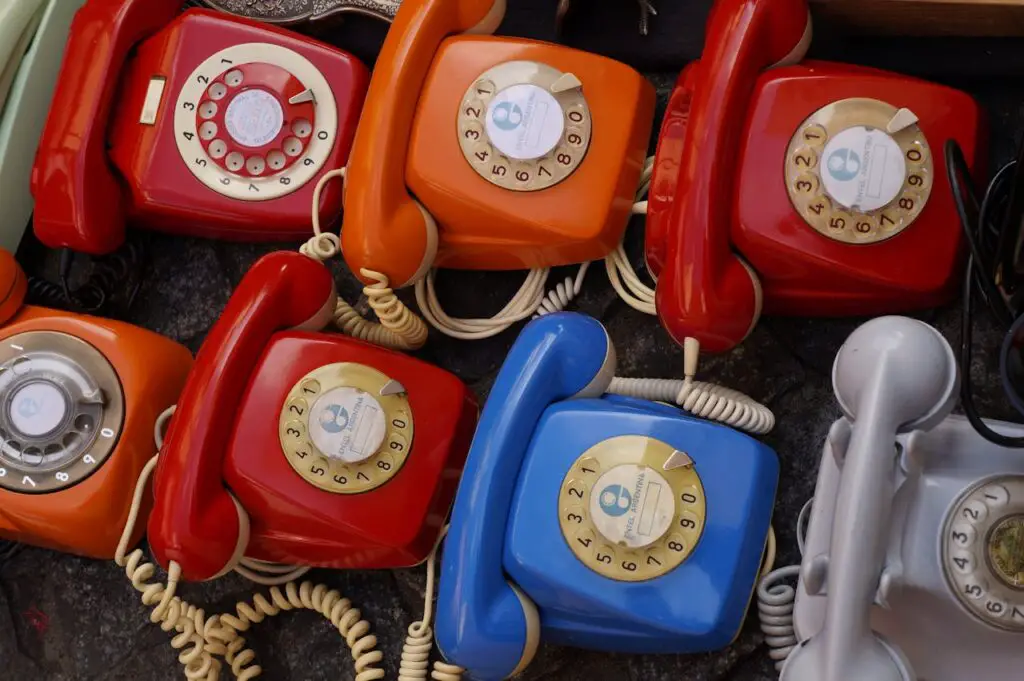
Once the mainstay of every household, landline phones are now gathering dust in favor of smartphones. Why stay tied to a wall when you can carry a mini-computer in your pocket? Many younger people have never even owned a landline, making it clear that these old-school phones are headed for extinction. It is hard to justify keeping a landline when mobile devices offer instant communication, video calls, and access to the internet all in one place. The remaining users of landlines are mainly older generations who have relied on them for decades, but as technology advances, they will likely be phased out entirely.
2. Writing Checks – A Payment Method on Life Support

Boomers may still be breaking out their checkbooks at the grocery store, but for younger generations, checks are practically prehistoric. With online banking, credit cards, and mobile payment apps like Venmo and PayPal, there is little need to sit down and manually fill out a check. Many businesses no longer accept them, and banks are starting to discourage their use due to security risks and processing delays. Soon, the only place you will find them is in a history lesson or in the hands of someone who refuses to embrace digital banking.
3. Cable Television – The Overpriced Dinosaur
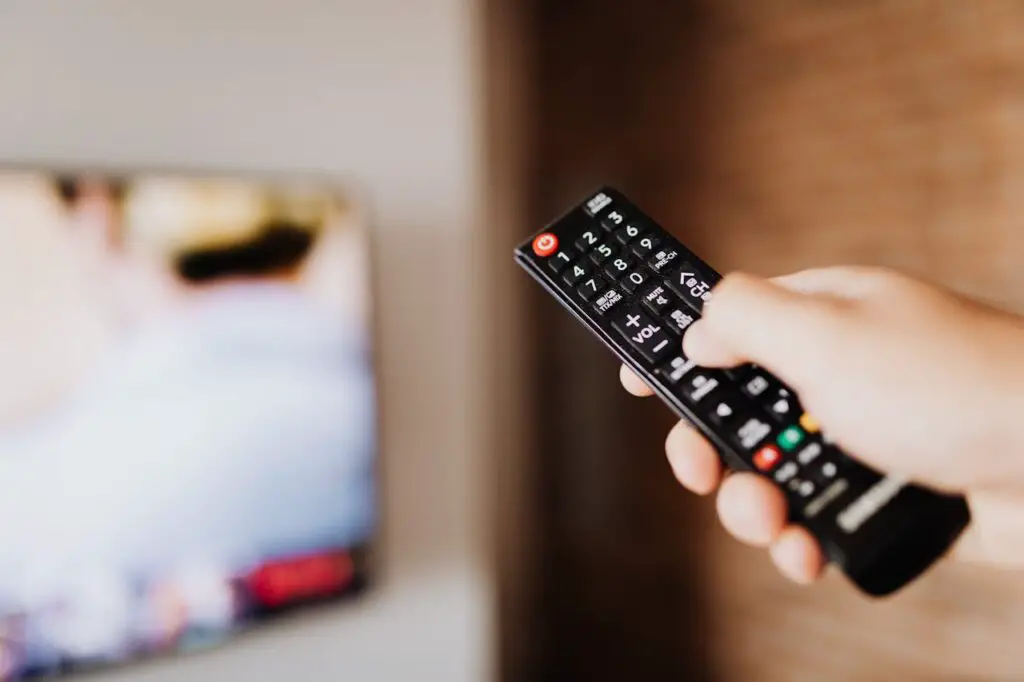
Remember the days of flipping through 200 channels only to find nothing good to watch? Cable television is on its last legs as streaming services take over. Platforms like Netflix, Hulu, and Disney Plus offer on-demand entertainment without the high costs, commercials, or clunky cable boxes. Younger generations prefer the freedom of watching what they want when they want, without being tied to a rigid schedule. As more people cut the cord, cable providers are struggling to stay relevant.
4. Encyclopedias – The Heavy and Outdated Google Alternative

Once a prized possession in family homes, encyclopedia sets are now just expensive dust collectors. With instant access to unlimited information on the internet, no one needs 20 volumes of outdated facts taking up space. Wikipedia and online databases have made printed encyclopedias all but obsolete. What used to be a reliable source of knowledge is now mostly a decorative relic in old bookshelves or secondhand stores.
5. Fax Machines – The Annoying Noisemaker
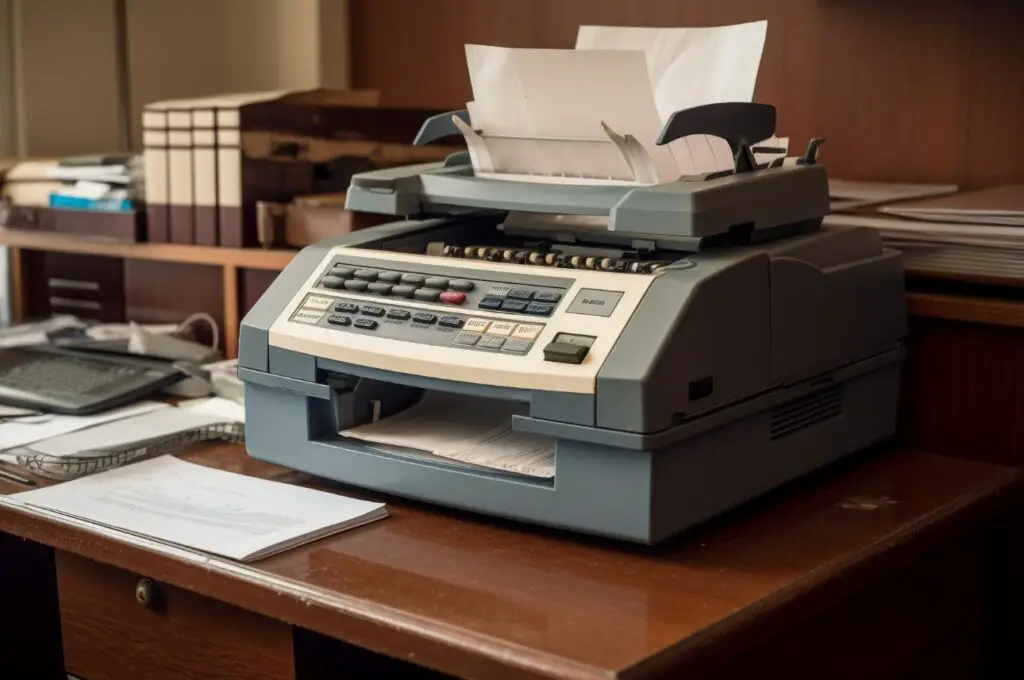
The screeching sound of a fax machine connecting is a noise few people miss. While Boomers may still swear by this outdated method of sending documents, the rest of the world has moved on to emails, cloud storage, and digital signatures. The only faxes you are likely to see these days are in medical offices or government institutions that have yet to catch up to modern technology. Even those industries are slowly transitioning to more efficient and secure digital methods.
6. Cursive Writing – A Skill That No One Uses

There was a time when students had to master cursive writing to communicate elegantly. Today, many younger people cannot even read it, let alone write it. Typing has taken over, and aside from signing your name, cursive is no longer a necessary skill. Schools are phasing it out, ensuring its slow but inevitable demise. Although some argue for its aesthetic and cognitive benefits, the reality is that most people prefer the speed and efficiency of digital writing.
7. Paper Maps – The Ultimate Road Trip Headache
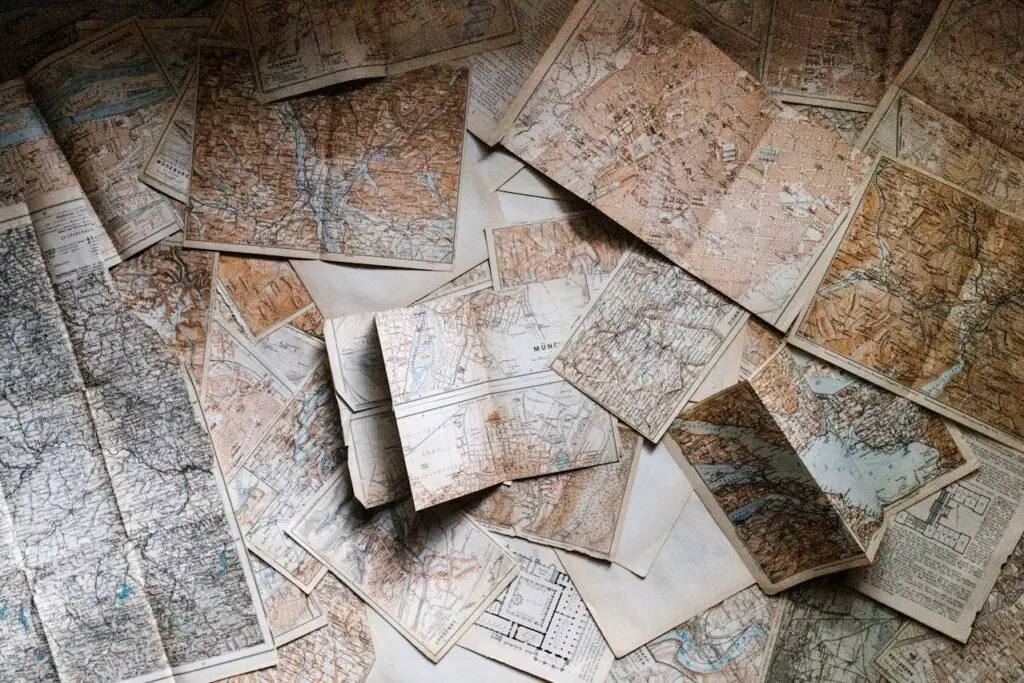
Unfolding a massive paper map and trying to refold it correctly was a struggle Boomers knew well. Today, Google Maps and GPS navigation have made paper maps nearly extinct. With real-time traffic updates, voice directions, and rerouting features, modern navigation tools are faster, smarter, and far less frustrating. Road trips are easier than ever without the need to decipher tiny text and lines on a piece of paper.
8. Phone Books – The Useless Paperweight

At one time, the Yellow Pages were a household necessity. Now, they are nothing more than wasted paper. A quick online search can provide any phone number or business listing in seconds, making bulky phone books unnecessary. Many people under 30 have never even touched one. The environmental impact of printing and distributing these massive books is another reason they are becoming obsolete.
9. Drive-In Theaters – A Nostalgic But Dying Tradition
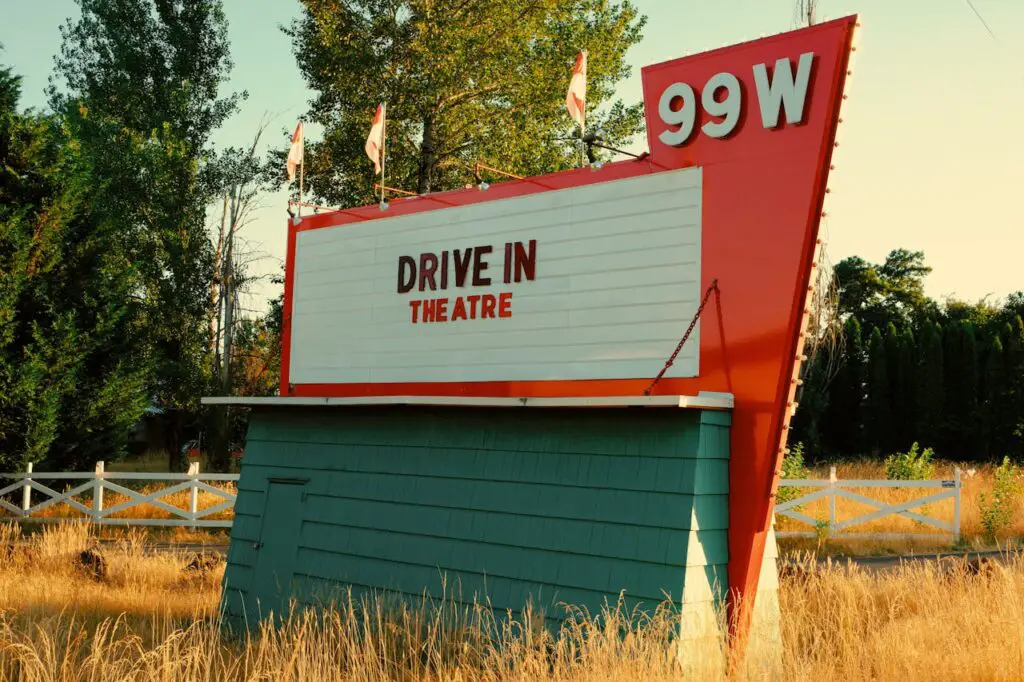
Drive-in theaters once symbolized classic American entertainment, but today, they are a rarity. With multiplex cinemas, streaming services, and home theaters, few people are willing to sit in their car to watch a movie. While some remain as nostalgic novelties, their widespread popularity has long since faded. The convenience of streaming movies from home has changed how people consume entertainment.
10. Manual Cars – A Lost Art on the Road

Driving stick shift was once a necessary skill, but automatic transmissions and electric vehicles are phasing out manual cars. Fewer young drivers know how to use them, and car manufacturers are producing fewer models with manual options. Before long, they will be reserved for classic car collectors and auto enthusiasts. Many drivers today prefer the ease of automatic transmissions, especially in heavy traffic.
11. Carbon Paper – A Messy Copying Relic

If you have never had ink-stained fingers from using carbon paper, consider yourself lucky. This old-school method of making duplicate copies has been replaced by scanners, printers, and digital documents. Outside of rare legal or business uses, carbon paper is nearly extinct. Digital storage has made paperwork far more efficient and environmentally friendly.
12. Rolodexes – The Prehistoric Contact List
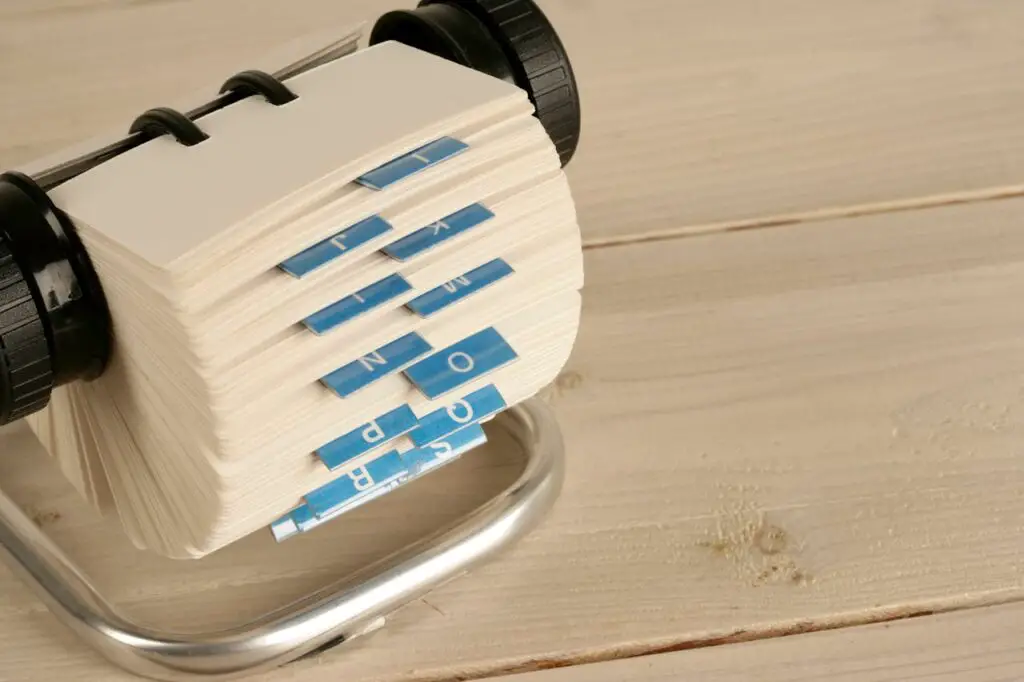
Before smartphones stored every contact in a neat little app, professionals relied on Rolodexes—bulky spinning card files that kept business contacts organized. Today, digital address books and customer management software have made them unnecessary. You would be hard-pressed to find one outside of an antique store. The convenience of digital storage has eliminated the need for physical record-keeping in most cases.
13. Analog Clocks – A Mystery to Many

Many young people struggle to read an analog clock, thanks to the widespread use of digital displays. While decorative wall clocks still exist, most people rely on their phones or smartwatches to tell time. Schools are even starting to replace analog clocks in classrooms because students find them confusing. The digital age has made the need for traditional clocks almost irrelevant.
14. Handwritten Letters – The Lost Art of Communication

There is something undeniably charming about a handwritten letter, but let’s be real—no one has the patience for snail mail anymore. Instant messaging, emails, and video calls have made letter writing an outdated tradition. While they may still hold sentimental value, handwritten letters are a rarity in the digital age. They have been replaced by quicker and more efficient ways to stay in touch.
Final Thoughts

As Boomers age, these once-essential habits, tools, and trends are slipping into obscurity. Some may be missed, while others are best left in the past. Technology and convenience are shaping the future, making life easier and eliminating the need for many of these outdated things. The world is moving on, and soon, these relics of the past will be little more than memories.
Leave a Reply